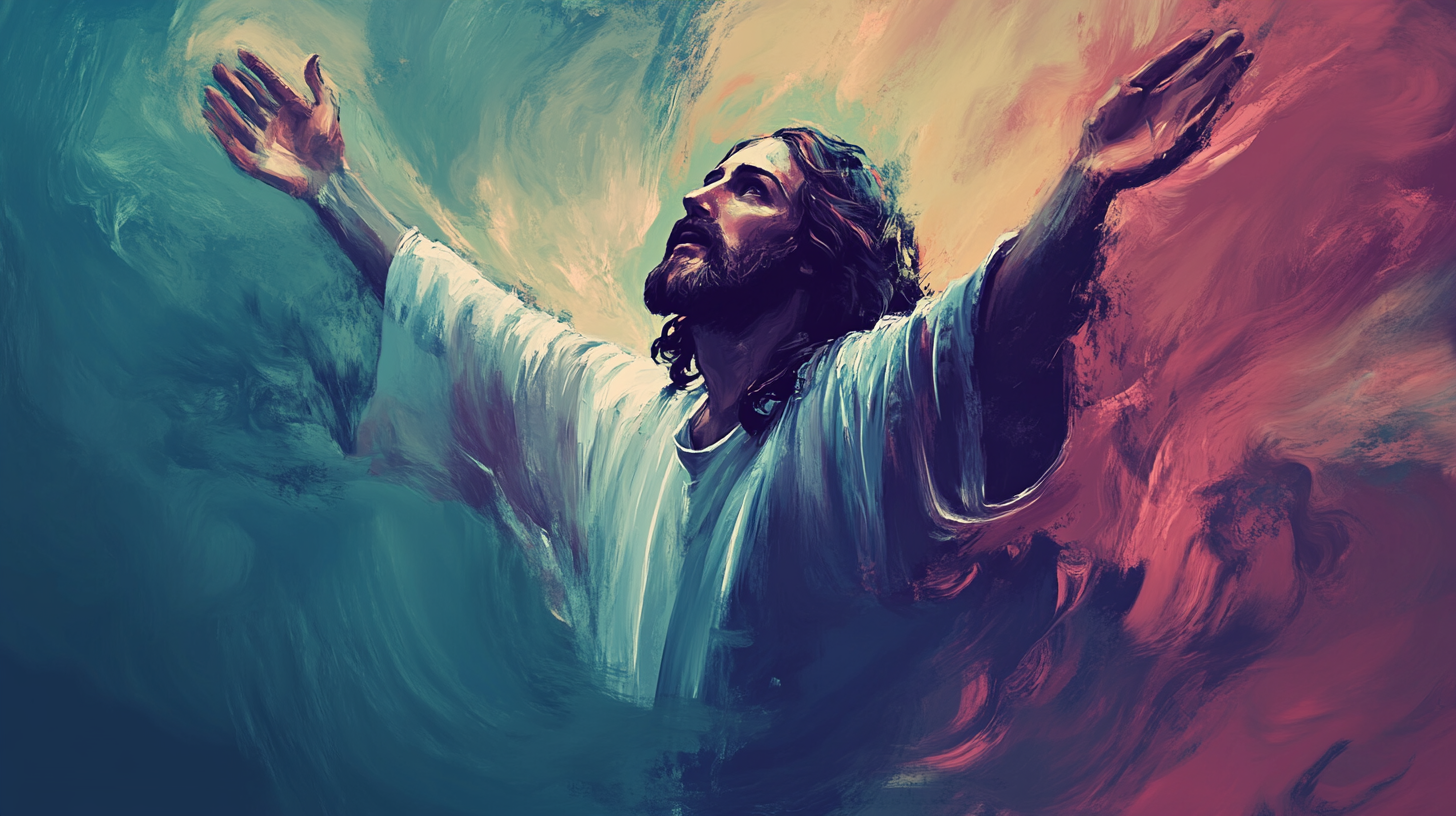When we talk about beginnings, we often imagine simplicity—freshness, newness, and perhaps clarity. But as I’ve learned through more than four decades of studying the Scriptures, the beginning is often where the most profound truths lie hidden. Truths that, if misunderstood, can lead to entire theological frameworks built on unstable ground. But if understood rightly, they
offer liberation.
In this article, I want to walk you through something I’ve been studying that I believe will reshape the way we see Scripture. The foundation of this insight lies not in some new theology but in the very first pages of Genesis, the often-overlooked details of punctuation, language, and context. We’re going to explore not only a tiny comma that has shaken traditional interpretations, but
also a more significant concept: that the end of all things was declared right from the start.
Re-examining the Text: The Weight of a Comma
There’s a verse many of us know well—Luke 23:43. “Verily I say unto thee, today thou shalt be with me in paradise.” That comma after “thee”? It shifts the whole meaning of the sentence. The Greek text, which is far more precise than the English translations, implies something very different: that Jesus was saying these words on that day—not that the event would happen on
that day.
This matters. Why? Because it influences how we understand death, the afterlife, and Christ’s own journey post-crucifixion. If Jesus didn’t go to paradise that day but to the grave, then what does that say about Lazarus, Abraham’s bosom, and the state of the dead?
Abraham’s Bosom: A Comforting Illusion?
The parable of the rich man and Lazarus has been wielded for centuries as a weapon in the theology of eternal conscious torment. But let’s pause. In this story, we’re told that the rich man and Lazarus are speaking across a great gulf. But ask yourself: if they’re separated by an uncrossable divide, how are they having a conversation? Do they have walkie-talkies? Megaphones?
The point is simple—this is a parable. It’s metaphorical, not literal. Abraham’s bosom isn’t a holding chamber beside hell. It’s a picture, a metaphor for comfort, for peace. And even more deeply, it illustrates the process of refinement through divine fire, not torment. The touchstone of God’s purification, not punishment.
Reclaiming Paradise: God Dwelling with Man
When Scripture speaks of paradise, it’s not describing some celestial lounge in the clouds. Paradise, in its truest form, is the presence of God with man. We saw it first in the Garden of Eden—God walking with Adam in the cool of the day. And every passage that follows, from Jeremiah to Revelation, points to one singular goal: that God will dwell with His people.
This has always been the plan. Not a backup. Not an afterthought. From the beginning, God’s design has been for communion—not separation. And that makes the fall of man not a disruption of the plan but part of the plan. God uses contrast to reveal glory. Without darkness, we wouldn’t understand light. Without separation, we wouldn’t comprehend reunion.
The Twin Accounts of Genesis
Here’s where things begin to shift in your understanding. Genesis doesn’t offer one creation story—it offers two. The first, in Genesis 1:1–2:3, presents a prophetic overview. Male and female are created in God’s image, blessed, and given dominion. Then, from Genesis 2:4
onward, the narrative slows down and shifts. Man is formed from the dust. Woman is created from his side. There’s no mention of being created in the image of God here.
The reason is profound: the first account reveals what is to come. The second shows what is. Only One Man ever fully embodied the image of God—Jesus Christ. Adam, in Genesis 2, is a living soul. Christ is a life-giving spirit.
Why This Matters More Than Ever
If we misplace our understanding of who bears the image of God, we misunderstand why Christ came. He came not merely to forgive, but to restore, to complete what Adam never could. We’ve been taught for too long that humanity in its fallen state still reflects God’s image. But Scripture shows us differently. It shows us that only in Christ is the true image revealed.
And that changes how we see salvation, the future, and ourselves. It shows that the gospel isn’t just about rescue—it’s about transformation. It’s about becoming something new, not recovering something lost.
Preparing for What’s Ahead
This conversation is only beginning. We’ve laid a foundation by challenging traditional views on punctuation, paradise, and personhood. But next, we’ll begin to explore the two creations in Genesis in more depth—what they signify, how they fit into God’s eternal purpose, and what they reveal about the culmination of all things.
This week, take some time to sit with Genesis 1 through 3. Read them slowly. Carefully. Compare them side by side. Ask yourself: why does the text shift tone? Why are the details different? Let your curiosity drive you deeper.
And if you can, do this with someone. A friend, a spouse, a fellow truth-seeker. There is nothing
more rewarding than walking through revelation together.
Next Steps: Stay Engaged
Make sure you’re subscribed at Rodney.fm. The next article will build on this foundation and guide you through new terrain—terrain that’s been hiding in plain sight for generations.
Read the next article in our series here: https://rodney.fm/paradise-prophecy-and-the-purpose-of-creation/
– Rodney



